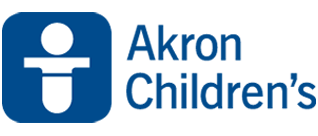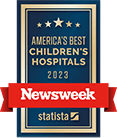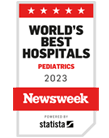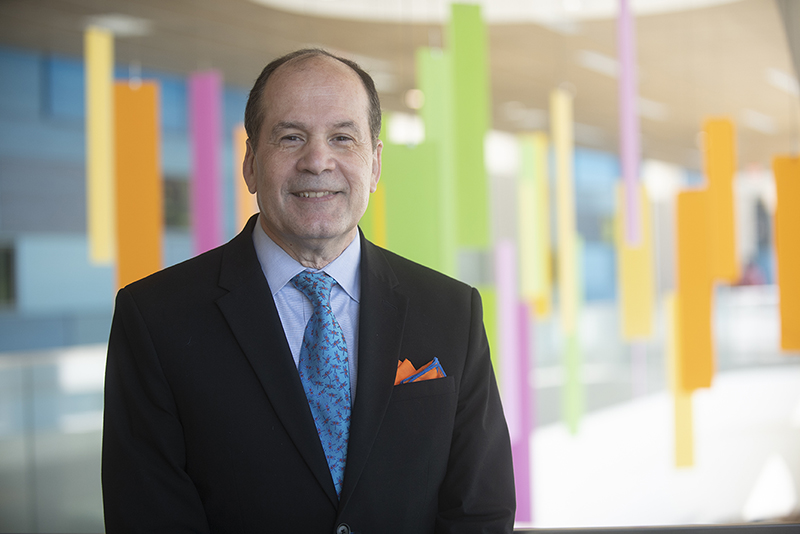
Abdelaziz Saleh, MD, PhD, FACOG, is a maternal-fetal specialist and division director of the Fetal Treatment Center at Akron Children’s
Observed in April, Arab American Heritage Month celebrates the rich and diverse culture and contributions of Arab Americans. Abdelaziz Saleh, MD, PhD, FACOG, is a maternal-fetal specialist and division director of the Fetal Treatment Center at Akron Children’s. To recognize the month, Dr. Saleh shares what his Arab American heritage means to him and how it supports his ability to provide culturally competent care to his patients.
How long have you worked with the hospital, and what’s your role?
I joined Akron Children’s in 2019. As a maternal-fetal specialist and division director of the Fetal Treatment Center, I provide inpatient and outpatient care. I also teach medical students and residents as a clinical professor at Northeast Ohio Medical University.
What do you enjoy most about your work at Akron Children’s?
Akron Children’s is very invested in the community. Our maternal fetal medicine program has genetic counselors, pediatric subspecialists, a fetal MRI, fetal cardiology, nephrology, urology – everything. It’s a complete service in the community for the community. That’s something I really respect and adore. You work for your patients and your neighbors, and you serve your community. That philosophy is important to me, and that’s what makes me love Akron Children’s.
What does Arab American Heritage Month mean to you?
Having an Arab American Heritage Month is something unique to the U.S. Each ethnic group has their own recognition month, and that is a beautiful thing, because every ethnic group brings something to the overall American culture. It warms my heart.
I am very fortunate, because I’m from Egypt, which is in the heart of the world and the Middle East. The language is Arabic, and it’s located in northeast Africa on the Mediterranean, sharing the characteristics of places like Lebanon, Syria, Greece, Italy, Frace and Spain. Being from Egypt prepared me to come to the U.S., because I feel like I’m a world citizen, related to everyone.
My Arab American heritage is dear to my heart. It gave me a lot of advantages growing up by speaking the Arabic language and understanding the rich, family-oriented culture.
Here in the U.S., I’m able to speak to my Arabic patients. Many of them have a language barrier, so it makes them comfortable to have someone speaking their language. Because I’m Egyptian, my Arabic dialect is comparable to the Midwestern dialect in the U.S. – everyone understands it. Seeing Arabic patients is very fulfilling for me, because I do my role as a doctor, and at the same time, I’m able to relate to them ethnically. I comfort them. I speak their language. I can use examples from their own culture to explain things.
How do you recognize, honor and celebrate your Arab American heritage?
When I go pray in the mosque, I see a lot of my Arabic friends and neighbors, many from counties in the Middle East. They often bring some nice Arabic food for us to enjoy. Arabs are very much like Americans in that they’re very hospitable people.
As we strive to deliver culturally competent care and create an inclusive environment for our patients and families, what would you like others to know?
As an organization, especially in our area, we do very well in providing culturally competent care. I see a lot of Arabic patients, and I believe we’re well-received by that population.
Just asking me about my Arab American heritage is heartwarming, because it makes me feel like the organization is thinking about diversity and acting on it. Overall, I think the hospital has a good track record in diversity, equity and inclusion, and it’s a priority for leadership. It’s really a pleasant, harmonious work environment.

